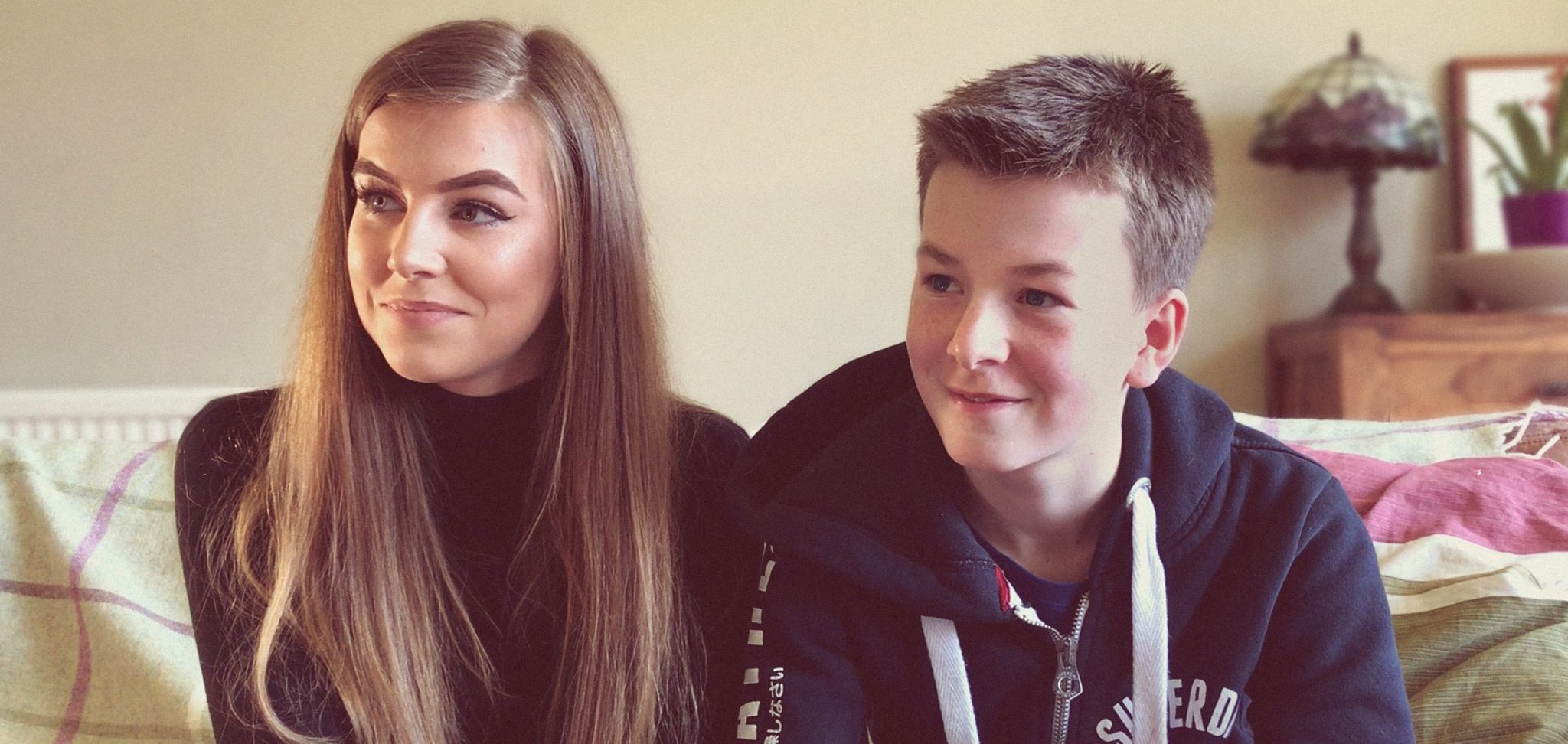
In their films, Eilidh and Harry talk about what happened when their father had his cardiac arrest and the role they played in the his successful resuscitation. They speak about their experiences of visiting their father in hospital and how, although it was reassuring, it was also worrying. Life has changed for them in numerous ways since their father’s OHCA and they consider how this has affected them. They stress the importance of talking about their feelings and concerns, both within the family and with other people who have supported them.
In this film, Eilidh and Harry talk about what happened when their father, Gregor, had his OHCA. They were thirteen and ten at the time. Harry found his father when he arrested and he describes what his dad looked like and how he knew that something was seriously wrong. Eilidh phoned the emergency services and then both the children ran across the road to a local hotel to try to find people to help. The children found the experience very shocking and frightening. They stayed with close friends while their mum went to hospital with their dad, in the ambulance.
Eilidh and Harry describe what it was like going to hospital to visit their dad. Although they found seeing him in the hospital ward reassuring, they were also scared that he might have another cardiac arrest. The hospital consultant was very helpful in explaining exactly what was going to happen when Gregor had his implantable cardioverter defibrillator (ICD) fitted and the children got a lot of support from their mum, Judy.
Once he was discharged home, Eilidh and Harry found their father a different person. He was scared of doing things that he had done in the past. Gregor used to be the parent who drove the children to their various sporting activities and he could no longer do this. He was very conscious that you could see his ICD under his skin and would no longer go swimming. With time, things have gradually gone back to being more like they were before the OHCA.
In this film, Eilidh and Harry talk about the support they got from their mum, their family and friends, and from their school guidance teachers. Neither of them wanted to talk about things too much, in case they got upset. With friends, they tended not to go in to detail about what happened as they felt people might think they were making the event more dramatic than it really was.
Eilidh and Harry feel that their dad’s OHCA has brought the family closer together. It is always at the back of their minds that their father might have another cardiac arrest and they worry about this. Harry, in particular, was worried about his own heart. Both are going to have their hearts checked when they are older and want to go for genetic testing when they are sixteen. Their dad’s OHCA brought it home to them that a cardiac arrest can happen to anybody, at any time.
Both Harry and Eilidh emphasise the importance of talking to people about what happened and not bottling up their feelings. They also stress the importance of not being scared of the person who had the cardiac arrest. They find the fact that their dad has had an ICD fitted reassuring, as it stops them worrying quite so much about what will happen if he has another arrest. The fact that Gregor has had several times when his ICD has had to shock his heart and that it has worked each time, makes them feel more confident.
Inherited Conditions
Implantable Cardioverter Defibrillators
Mental Health & Wellbeing
Please answer each of the following questions. All results are completely anonymous and used for quality assurance purposes only.